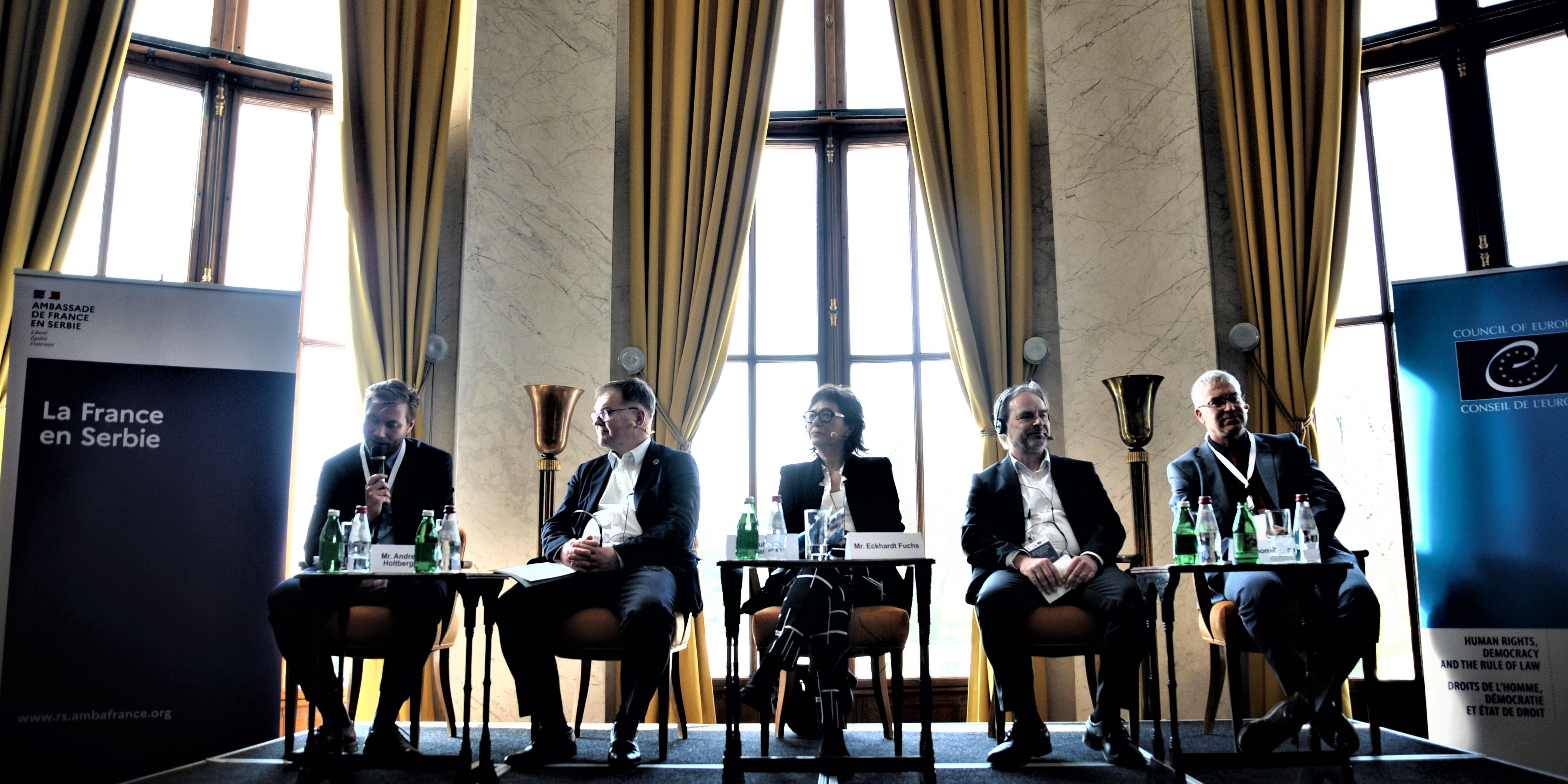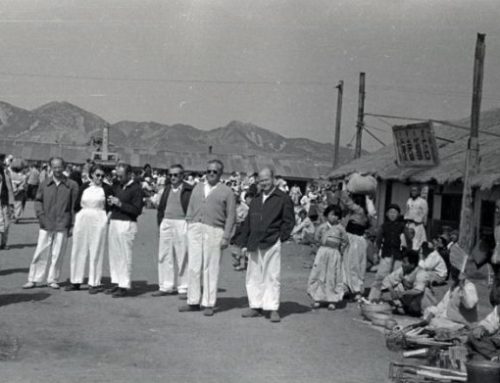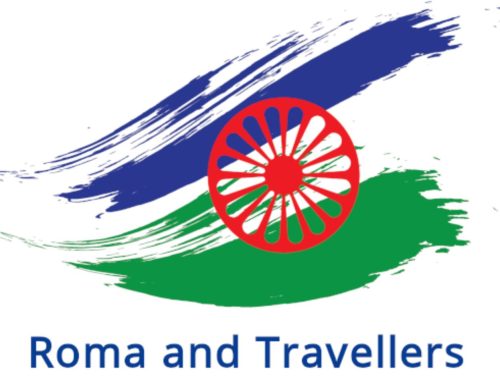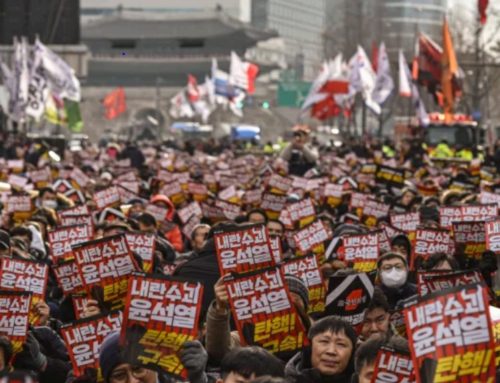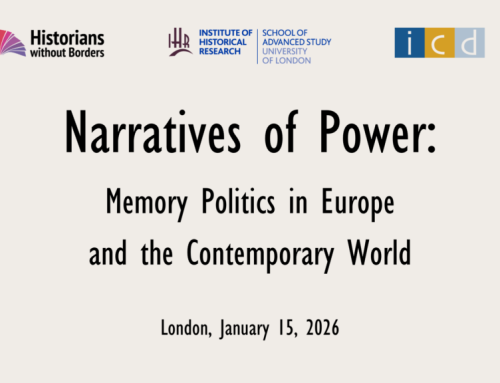The second edition of the Belgrade History Education Symposium “History and memory culture for Europe: 60 years of Franco-German cooperation” was held in Belgrade on 23-24 March 2023.
The event was organized as part of the Francophonie Month in Serbia by Council of Europe office in Belgrade and Education for the 21st Century, together with various partners: Observatory for History Teaching in Europe Faculty of Philosophy, Belgrade, Georg-Eckert-Institute, Braunschweig, embassies of Switzerland, France, Germany, Poland, as well as EuroClio – European Association of History Educators and OFAJ (Franco-German Youth Office).
Together with partners and institutions from different European countries, it was our intention to create a space for a democratic dialogue, which can be transferred to the public sphere and educational systems. The guiding questions of the symposium considered the role of history education in post-conflict settings as a potential agent in the process of building peace and European unity. Another important aspect of history teaching was related to the enhancement of education for democracy, diversity, and respect of human rights in inclusive and dynamic societies of the 21st century that face various societal and political challenges.
60 years ago, on 22 January 1963, the Elysée Treaty created a new basis for Franco-German relations. This development of Franco-German friendship following the Second World War was carefully prepared by public diplomacy events such as the Reconciliation Mass at the Reims Cathedral on 8 July 1962, celebrated by President Charles de Gaulle and Chancellor Konrad Adenauer, and Charles de Gaulle’s “speech to young Germans” in Ludwigsburg on 9 September 1962. The Treaty is a political agreement of friendship between France and West Germany. Following its signing, Germany and France established several instruments for strengthening their relations, following their history of rivalry and wars. This new cooperation included the areas of culture, education and youth with a particular focus on history education and shared memory culture as a prerequisite for achieving greater European unity. After 1990 exchange and cooperation with Poland was established through the “Weimar Triangle” supporting multilateral approaches. With the Stability Pact for South-Eastern Europe in 1999 the Franco-German Youth Office developed cooperation with young people from Southeastern Europe, through the foundation of the Regional Youth Cooperation Office in Paris (2016), and then also established in Tirana.
The event was held in various historical locations around the University of Belgrade and Faculty of Philosophy, allowing domestic and international participants to jointly experience sites and connect to significant spaces of cooperation and learning for Serbia. Education for the 21st Century offered guided tours for the participants which took place prior to the official opening of the Symposium :
- Preserved and lost Ottoman and Jewish heritage
- Controversial murals on 20th Century history
The tour Controversial murals on 20th Century history reflected on the conflicting narratives linked to recent Serbian history, through persistent struggles for democracy and human rights on the one side, and glorification of war that rests on nationalistic pillars as a difficult legacy of the nineties on the other. The tour took participants through the Belgrade city center’s murals starting from the mural dedicated to assassinated Serbian prime minister Zoran Đinđić up to the convicted war criminal general Ratko Mladić. It also revealed different layers of contemporary urban subculture/history murals often neglected by most tourists and citizens.
The Preserved and lost Ottoman and Jewish heritage tour depicted the hidden history of the old Belgrade city center – Dorćol. Most of the heritage has been lost/disappeared during the historical turmoil in the end of the 19th Century and during the two world wars.
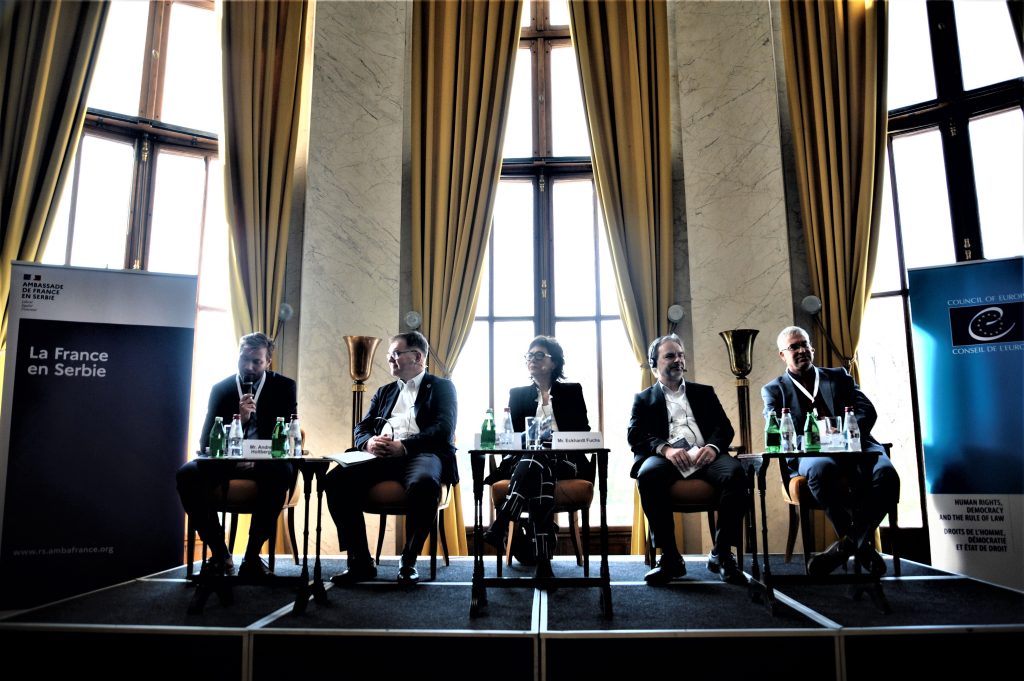
Photo by FoNet/Ana Paunković
The first day of the symposium was dedicated to the Franco-German relations & history education as contribution to European unity and the panel discussion was moderated by Andreas Holtberget, from EuroClio office in the Hague. The speakers were:
- Prof Thomas Serrier, University of Lille
- Prof Eckhardt Fuchs, Georg-Eckert-Institute, Braunschweig
- Prof Igor Kąkolewski, University of Warmia and Mazury in Olsztyn
- Prof Dubravka Stojanović, University of Belgrade
The second panel discussion was dedicated to the question: History education after conflict – Overcoming or cementing divisions, and was moderated by Prof Marko Šuica, from the University of Belgrade. The speakers were:
- Mr Celestin Berthelot, Observatory for History Teaching in Europe, Council of Europe, Strasbourg
- Mr Loizos Loukaidis, Association for Historical Dialogue and Research (AHDR), Nicosia
- Mr Steffen Sammler, Georg-Eckert-Institute, Braunschweig
- Prof Snježana Koren, University of Zagreb
The first day concluded with the panel “Franco-German friendship as inspiration for Europe and the Balkans” at the Goethe Institute . After the ambassadors of Germany, France, Poland and Switzerland gave introductory remarks the panelist discussed the impact of Franco-German relations with regard to European cooperation, history education and everything that is related: heritage, youth, citizens encounters, or education policy. Moderator of this panel was Tobias Flessenkemper, Head of the Council of Europe office in Belgrade, and the speakers were:
- Ms. Marija Bulat, Regional Youth Cooperation Office (RYCO), Head of Local Branch Office, Belgrade
- Mr Benjamin Kurc, Franco-German Youth Office, Director Franco-German Citizen Fund, Berlin/Paris
- Ms Sneška Quaedvlieg-Mihailović, Secretary General, Europa Nostra, The Hague
- Ms Anamarija Viček, Secretary of State, Ministry of Education of Serbia, Belgrade
- Мr Bernard Wicht, Conference of Cantonal Directors of Education, Head of International Affairs General Secretariat, Berne
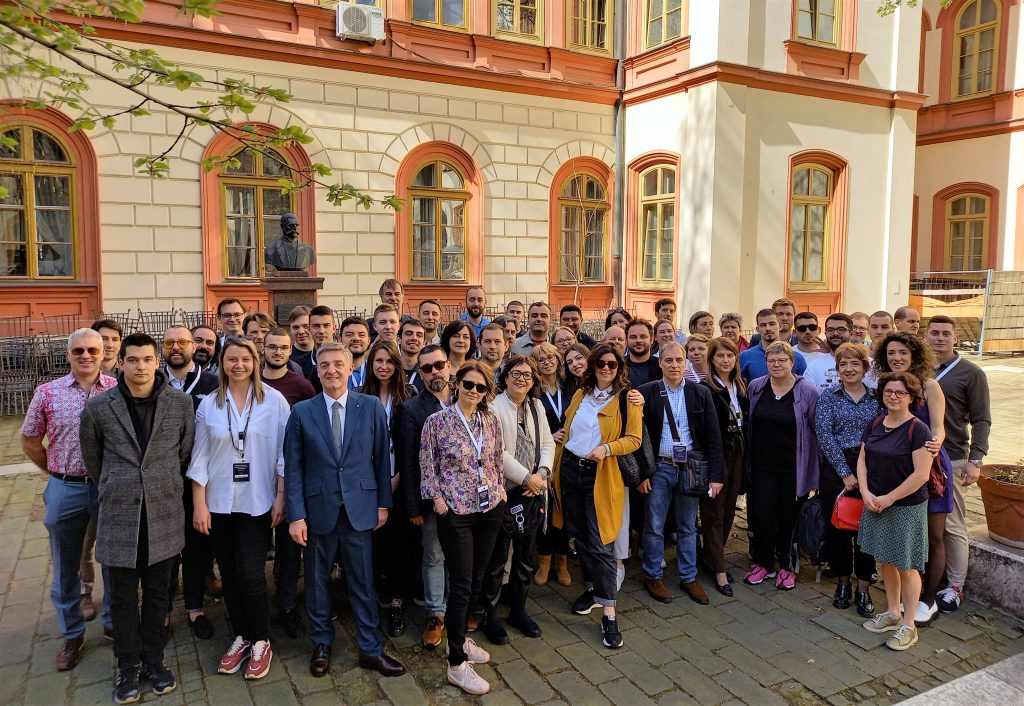
Second day of the Symposium was dedicated to the two parallel workshops
Workshop 1 History curricula and textbooks and their role for reconciliation: European perspectives and experiences was moderatorated by Ana Radaković, from Education for 21st Century, and
Workshop 2: Memory sites and history education institutions as places for democratic learning was moderated by Nevena Bajalica, from Terraforming, Novi Sad.
Report written by Lidija Zupanic Suica, Edukacija za 21. vek/Education for the 21st Century

